 While we’re all busy giving Wonder Woman 1984 its well-earned lambasting, I’d like to point out that another Christmas streaming release, Soul, is the third Disney/Pixar movie in a row that focuses on death.
While we’re all busy giving Wonder Woman 1984 its well-earned lambasting, I’d like to point out that another Christmas streaming release, Soul, is the third Disney/Pixar movie in a row that focuses on death.
Pixar, you guys okay up there?
Very specifically, all three plots—2017’s Coco, last year’s Onward, and now Soul—are sparked by a character who’s having trouble dealing with the fact that he’s dead because he never got to do the things that matter most to him.
In this case it’s a jazz pianist (ponderously voiced by Jamie Foxx) who dies on the way to what should have been the big break he’s been chasing all his life.
Stuck in the afterlife, he’s paired with a new soul named 22 (buoyantly voiced by Tina Fey), who’s as stubbornly determined to avoid being born as Joe is stubbornly determined to avoid being dead.
Yep, that’s right: it’s time for that standard Pixar buddy trope of two unlikely partners forced to share a journey—one weighted down by purpose and disappointment, the other cheerfully immune to reality (Woody/Buzz, Sully/Mike, Sadness/Joy, Marlin/Dory, Lightning/Mater, etc. etc. etc.). Unless you have never seen a Pixar movie, you are unlikely to be surprised by the possibility of these two characters rubbing off on each other just a little, or by the calculated tearjerking that must occur when a long-cherished dream is set free, or the Very Valuable Lessons that every Pixar movie must impart about finding happiness at your own front door, or the revelation that Pixar humans never seem to have ear canals.
However, if you can get past the Pixar-being-Pixar stuff, the movie is pretty effing powerful.
Whereas Coco looks to memory and Onward is obsessed with progress (nostalgia-vs.-technology being a persistent Pixarian theme), Soul inhabits the present—well, at least if your present is one where people still go to jazz clubs and hang out in crowded barber shops without PPE. The movie’s Nirvana is all about being in the “flow”—the nowness of your life, as in the now of me typing these words or you reading them. The one that’s already past by the time you read them. That now. This is Soul’s stomping ground, and it treads it well.
And therein lies the movie’s big problem: we’ve trod that ground before. As with so many of its predecessors, half the movie is about explaining where we are, and the other half is about trying to get somewhere else. Pixar movies are a master class on how to introduce audiences to the rules of an imaginary world (and, in some cases, how not to). The rules of Soul are that, before you move on to the Great Beyond, you’re occasionally given a chance to mentor a new soul in the Great Before.
You would think this would be the most interesting part of the movie, but the Great Before is mostly just Tron with much better CGI—lots of vast expanses and stuff glowing blue. As in every Pixar movie, the real paradise is an earthly city, an idealized New York where it’s always 4:30 PM on a sunny fall afternoon and nobody wants to kill you plus it’s quiet and everything smells like fresh coffee and really good pizza and the street musicians are talented as balls. Never mind actual heaven: when I die, I want to go to the place that Pixar animators think New York looks like.
These rules do occasionally trip each other up.
During a wayward second act, 22 briefly inhabits Joe’s recently discarded body while Joe’s soul gets stuck in a cat. Apparently when you land in a body, your soul takes on all the memories of that body, which means that 22 automatically learns everything Joe ever knew about jazz. Presumably it should also mean that Joe would learn a lot about being a cat, which I think would be to his benefit… but except for a brief sojourn in a sunbeam, we mostly don’t go there. The movie has too much ground to cover to waste any time helping Joe discover the joys of licking his own butt.
For a movie about living in the now, Soul frequently gets in too much of a hurry. Joe is a talented but struggling musician who’s too obsessed with his unmet dreams to take joy in simply being human. He’s paying the bills as a middle-school music teacher, and apparently he’s a good one—good enough to set at least a few students on their own paths to brilliance, which I must say is pretty damn good. Having been a teacher myself, I can identify with the bittersweet feelings that well up when your job is to help your students surpass you… however, this movie is not Mr. Holland’s Opus. We never really investigate those feelings. Joe doesn’t embrace being a teacher and he doesn’t not embrace it. He starts out by realizing a fantasy that far too many teachers cherish: if you’re lucky, one of your former students will make it big and get you a gig.
Theoretically, Joe’s arc is to be a teacher: this is, after all, the job he takes on by mentoring 22, who has to gain her final merit badge—her “spark”—before she’s deemed ready to be born. This was, I thought, the movie’s biggest creative opportunity, one it almost but not-quite captures. Sydney Pollack once observed of his movie Tootsie that if a man’s going to dress like a woman, he’d better be a better man for it. I found myself recalling this wisdom throughout Soul: if Joe’s got to die so that he can teach another soul to be human, then he’d better be a better teacher for it.
But he never gets there, because he doesn’t actually teach her anything. She somehow learns it all without him, and Joe’s the one who has to catch up. While she’s in his body, 22 up-ends Joe’s relentless drive to make his make-or-break gig by stopping to catch twirling maple seeds as they fall. Like Dory and Mater, 22 lives in the Tao of Now. Because those memories are encoded in Joe’s body, Joe gets to recall them when he later briefly regains command of his own flesh. If this seems like an incredibly complicated way to say “he learns to stop playing and start living,” then well, yeah, welcome to Pixar. We got T-shirts.
I’m not gonna put this up there with the best Pixar movies. There’s none of the sharpness of The Incredibles or the raw sentiment of the first three Toy Story movies. Truth to tell, I think we’re fast approaching late-stage Pixar. It happens to the best craftspeople. Artists who are principally obsessed with technique eventually get bored with technique: think of how meticulously Shakespeare set up Othello’s jealous rage, and how flimsily he tosses it off in The Winter’s Tale. Think how the razor dance of Scorsese’s Goodfellas rebounded as the morose shuffling of The Irishman. This is a delicate crossroads: you either successfully navigate the leap from storytelling to evanescence as Shakespeare did, and give The Tempest as a parting gift to the world, or you remain obsessed with craft, endlessly retelling the same story in a meaningless quest for perfection.
This is where Pixar is stuck. It keeps telling its audiences to find new dreams to dream, but it can’t seem to find a new dream of its own. Thematically it’s still where it was in 2010 with Toy Story 3, when Woody and Buzz stared death in the face and saw nothing beyond it. That was a truly new thing in kid’s movies. Soul answers that existential terror the same way the fictional studio executives did in Woody Allen’s Stardust Memories: don’t worry, folks, we’re all going to Jazz Heaven.
Yet all of that aside—the stock tropes, the relentless pace, the relentlessly detailed world-building, all that Pixar-iness—Soul does finally soar. It does a thing that is all too rare and wonderful in movies, which is to give you an ending that doesn’t make you see the characters differently so much as it makes you see yourself differently.
It didn’t make me want to become a jazz musician the same way Queen’s Gambit made me dig through closets looking for my old chess set, but it got me more excited about being me. It cured me a little of my self-reproach for not having written a masterpiece during my Covid “break,” and made me appreciate more the times I simply looked out my window and saw a crow take wing. Best of all, it made me more excited to write the very words I am writing to you now.
Should you see it? Yes, absolutely. If there’s any chance of you feeling the way I after watching it, take that chance. Is it worth getting a Disney+ membership for? Well, chances are The Mandalorian Season 2 finale already checked that box for you. Is this one of those Pixar movies where the kids laugh at the goofy fish while the parents get all misty-eyed savoring those last precious moments of toddlerhood? Um, no. But see it anyway. It may not have a new dream to offer, but it left me wanting to create new dreams of my own.
Not bad for a Covidian Christmas Eve.
Soul is Currently Streaming on Disney+
* * * * *
Produced by Dana Murray
Written by Pete Docter, Mike Jones, Kemp Powers
Directed bymPete Docter
Starring Jamie Foxx, Tina Fey, Questlove, Phylicia Rashad, Daveed Diggs, Angela Bassett
Music by Trent Reznor, Atticus Ross







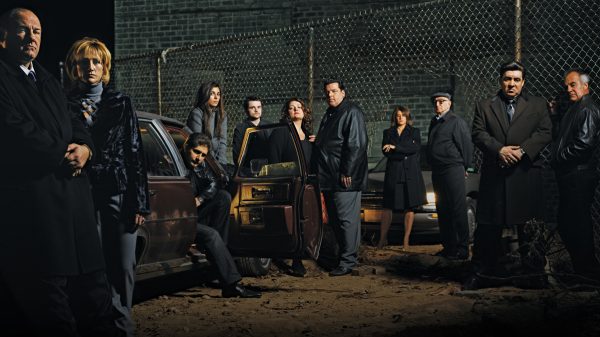
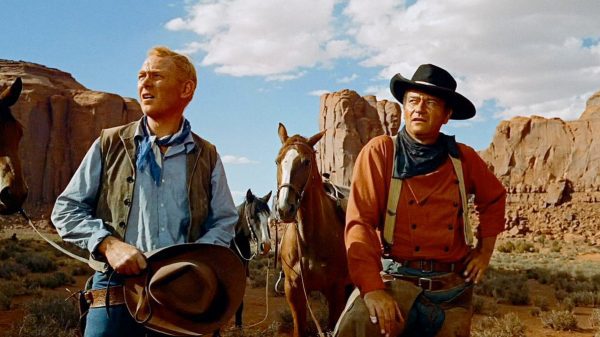


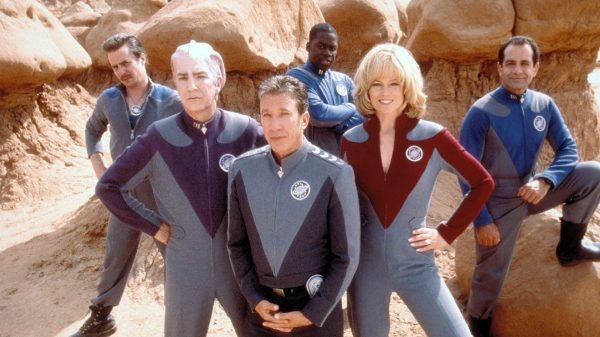
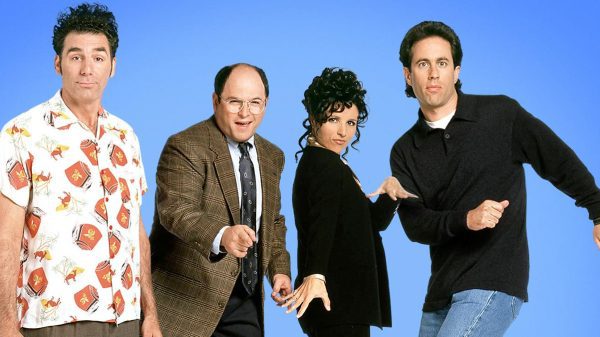


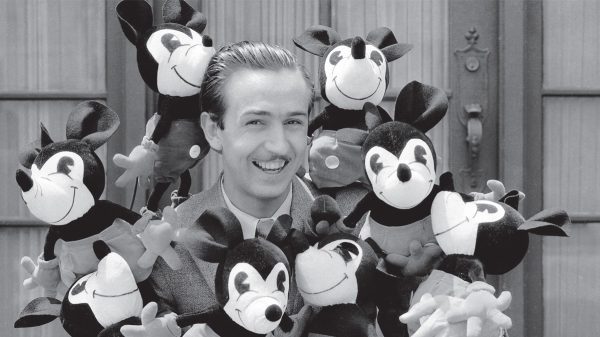


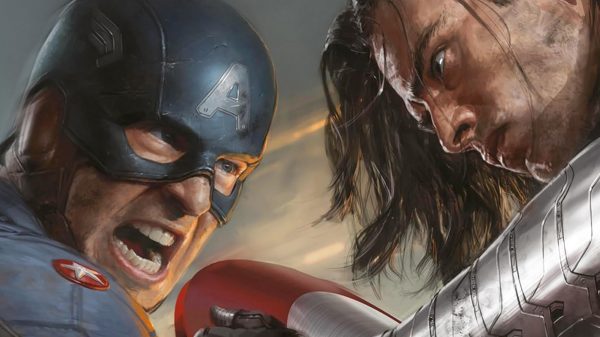




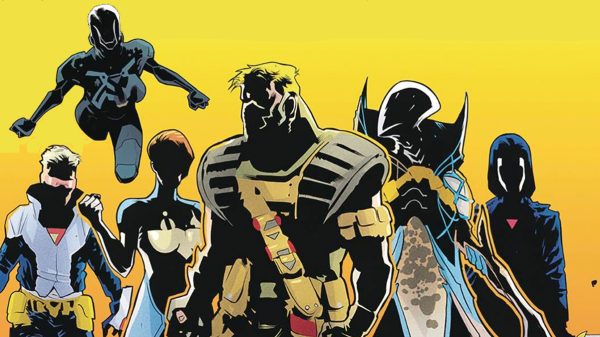
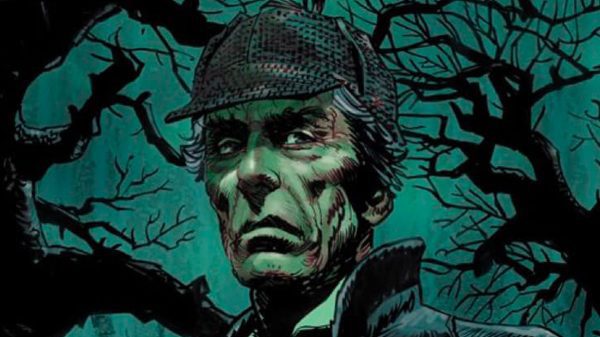
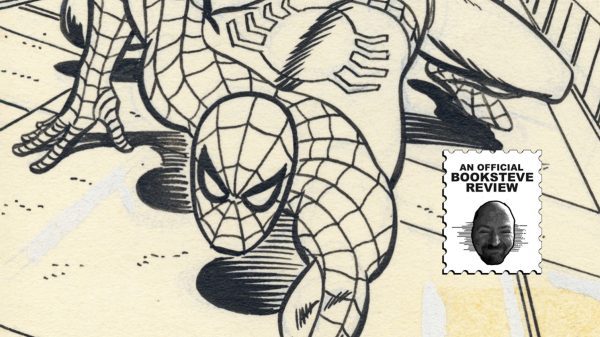
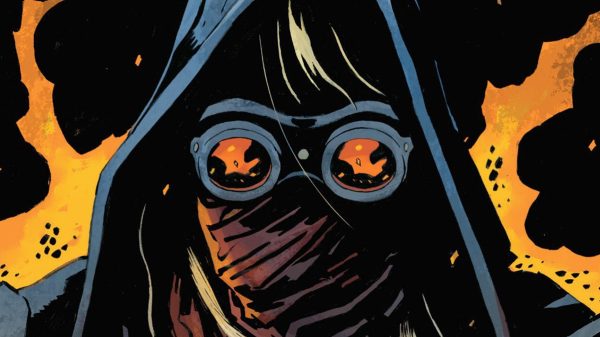





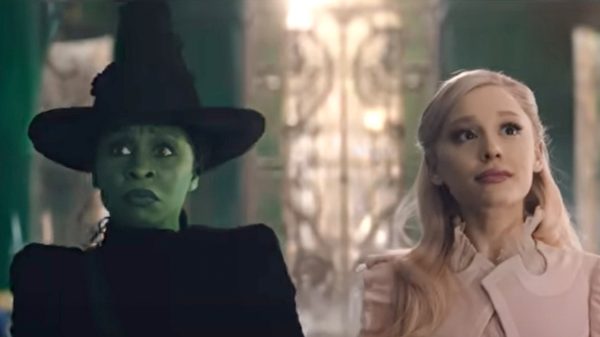
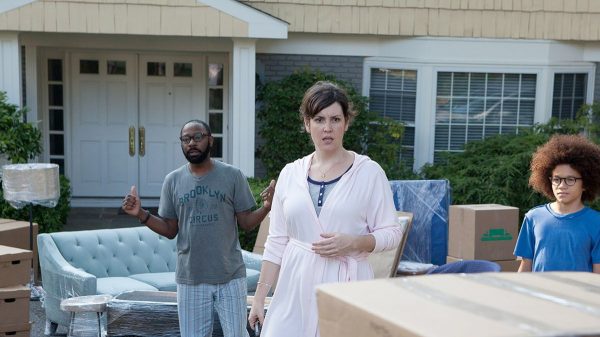
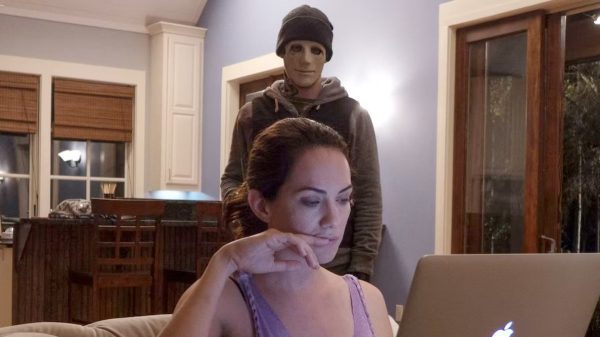












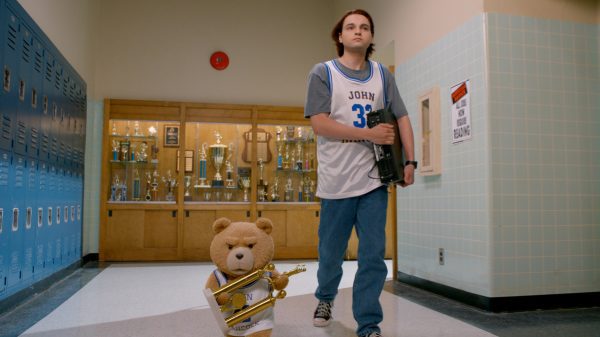
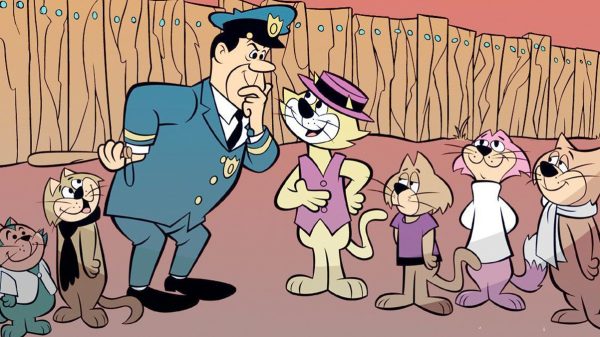
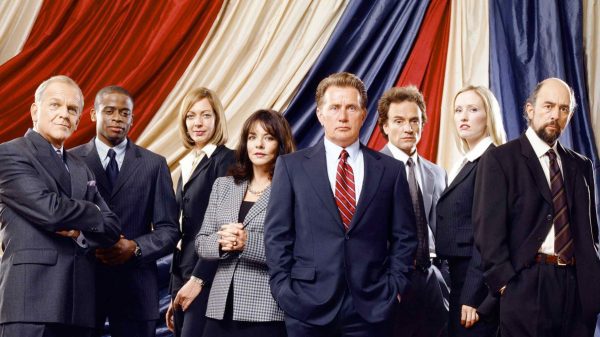
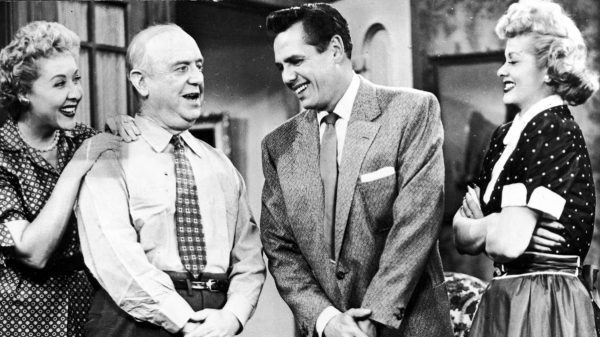
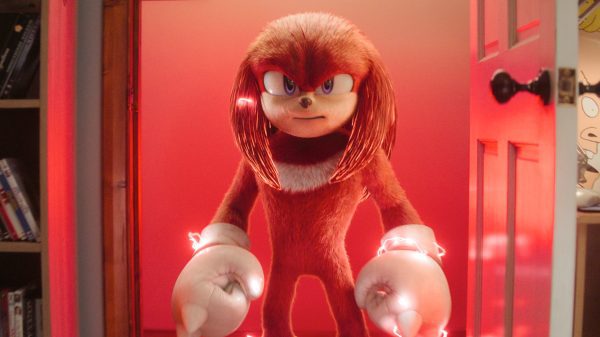



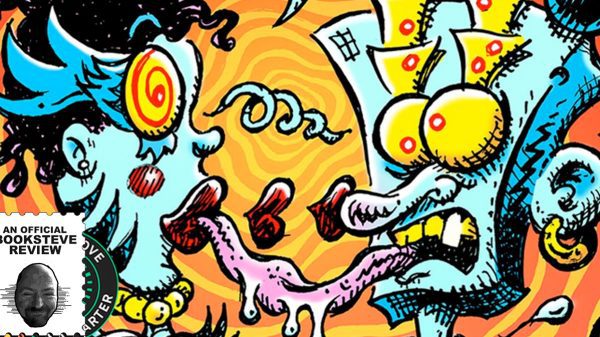

































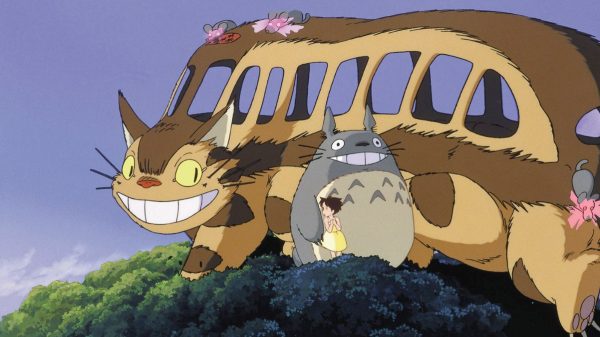
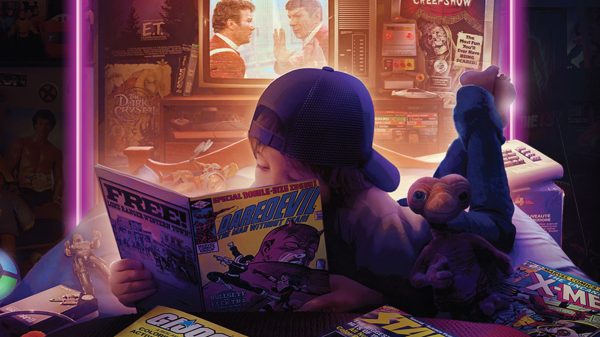
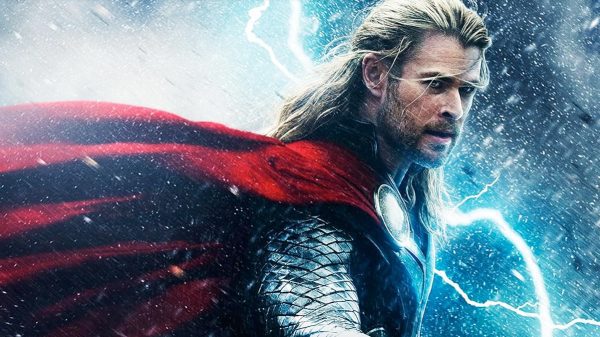









You must be logged in to post a comment Login